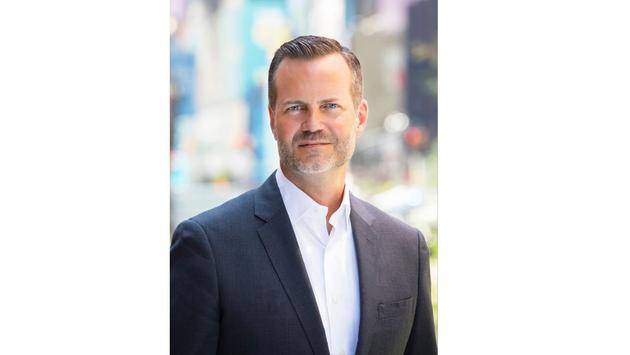Meetings Industry Leaders Call for Unity and Consistency

The meetings industry will need to work together to create consistent standards, separate itself from other kinds of mass gatherings and encourage government toward appropriate policies, according to speakers on a virtual webinar called The New Meetings and Travel Journey held by the Meetings Mean Business Coalition, which was created seven years ago by the U.S. Travel Association.
The goal of this and other discussions, said Nan Marchand Beauvois, managing director of Meetings Mean Business, is to make sure the industry is looking forward. “There are difficulties now,” she said, “but meetings and events will return. We want this conversation to be about what the industry will look like.”
Fred Dixon, CEO of NYC & Company and co-chair of Meetings Mean Business, who moderated the panel, said recovery will be gradual but “it is certain.” He said that while many think of New York as a leisure destination, “without business travel there will be no recovery.” He said the annual United Nations General Assembly meeting will be mostly online this year, a major loss to the city.

“The industry has changed for good – just as it did after 9/11,” said Roger Dow, president and CEO of U.S. Travel. He said all the research shows leisure and drive travel will come back first, then business travel, followed by smaller meetings, bigger meetings and finally international travel. He said one obstacle is corporate travel policies, which makes liability protection for travel suppliers crucial to a recovery.
“We have to put on pressure for high-speed, reliable testing,” Dow said. He said Germany and China have already opened to meetings and conventions. The meetings industry, said Dow, has to separate itself from other mass gatherings – and let governments understand that the managers of these events can control crowds. He said the industry would have to take the lead in figuring out how to do things like take the temperatures of thousands of people and check to see if they have symptoms.
Similarly, Kerri Kapich, COO of the San Diego Tourism Authority, said the meetings industry must distinguish itself from gatherings like backyard parties and concerts. She said professionally managed events mean a controlled environment. “Our job,” she said, “is to show what can be done as far as safety when professionals manage events.”
And Dixon said, “When we travel to a meeting, we are being taken care of by professionals who engineer every step of the experience.”
Richard Golinowski, vice president for operations support at Metropolitan Washington Airports Authority, said that most people are not comfortable traveling now and they won’t be unless “there’s a consistent understanding of what’s going on.” He said the current situation is “patchwork” with different companies and organizations working with different partners. There is an opportunity, said Golinowski, to set standards so no matter where somebody goes to a meeting, they will feel safe.
Golinowski said his airport is working with airlines and concessions to make sure they have a unified front and everything looks the same to customers – whether that be social distancing signs, hand sanitizer stations, etc. He said his facility is also working with other airports toward this end.
“We are very fragmented as an industry as far as guidelines,” said Kapich. She said travel interests in her city are trying to learn from one another as far as best practices so they can put forward those tenets. They are also looking to businesses outside the industry – to retailers like Walmart – to see what they are doing and to observe lessons learned.
It’s more important than ever to bond together and embrace new standards, said Marian McLain, vice president of global sales at Marriott International. “It’s all about instilling confidence,” she said. McLain said four Gaylord hotels, which are operated by Marriott and specialize in meetings, have opened, which she called a good indicator for events.
Beauvois said that Meetings Mean Business is having its first “hybrid” event next week and that more attendees will be participating in person than online.
Dixon said a big takeaway from the panel was the need to remind people about the professionalism of meeting industry experts “which makes attending a meeting safer than being on the street.”
